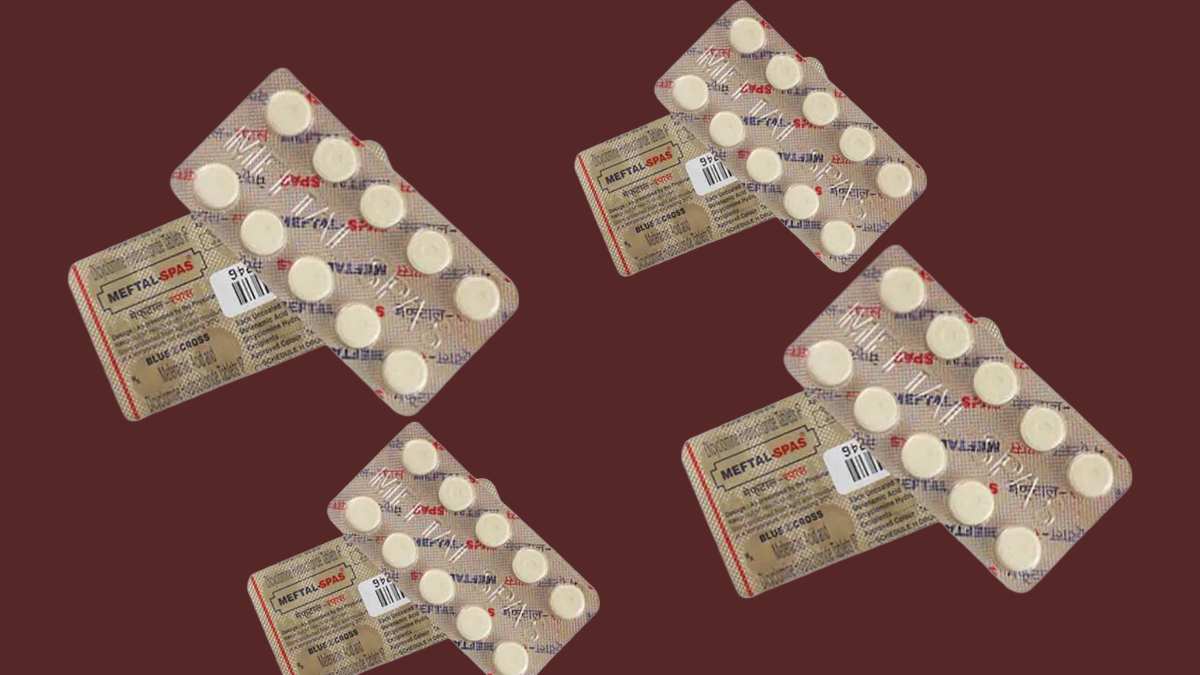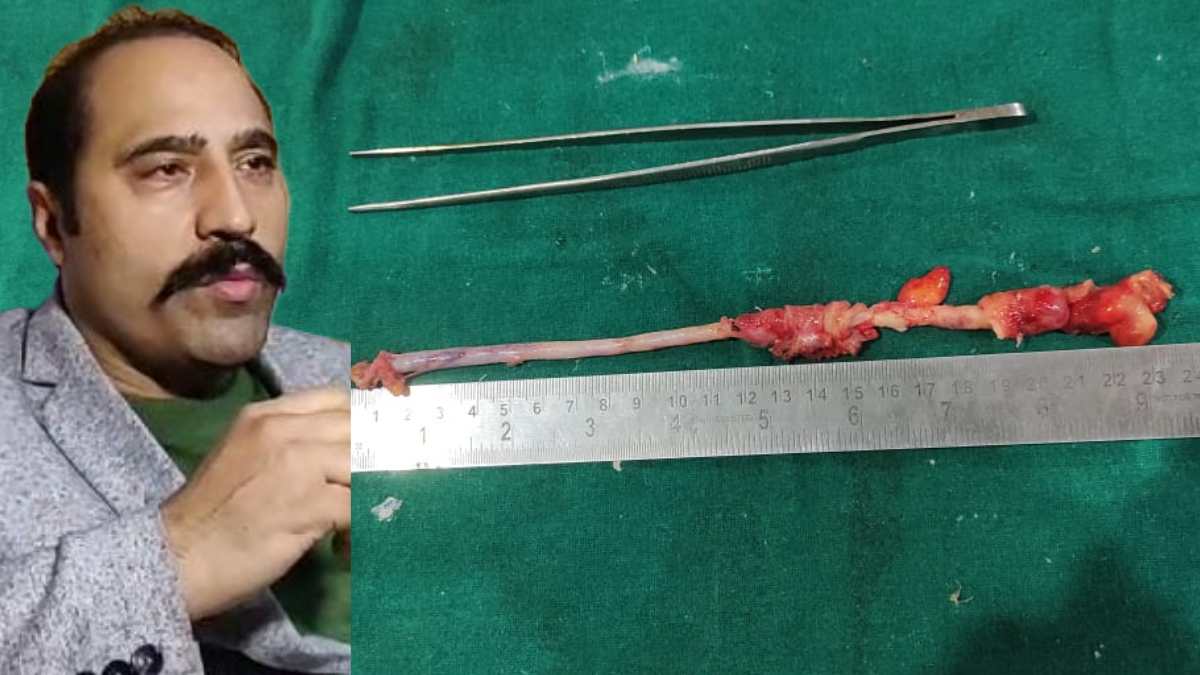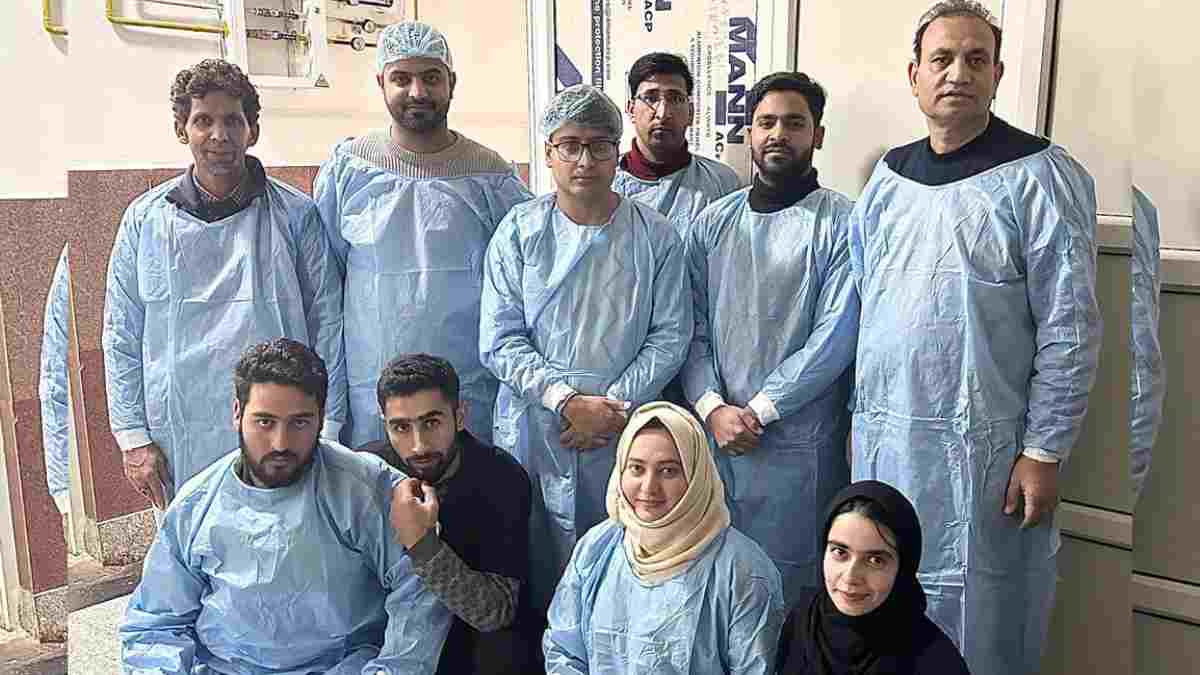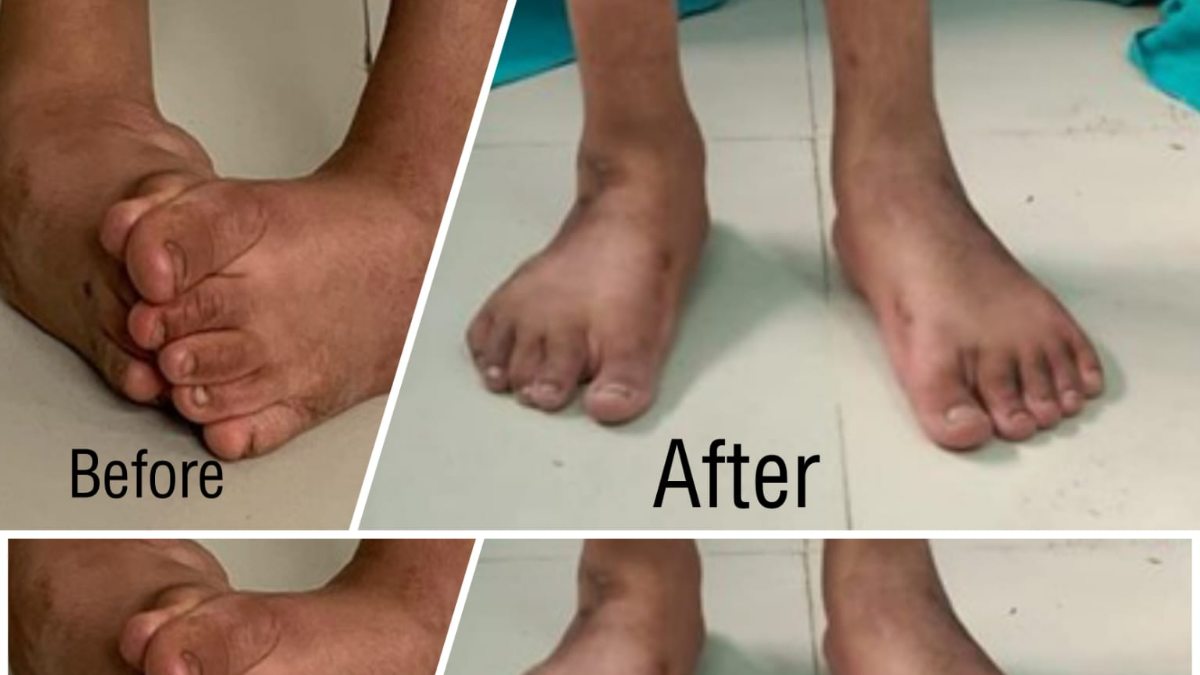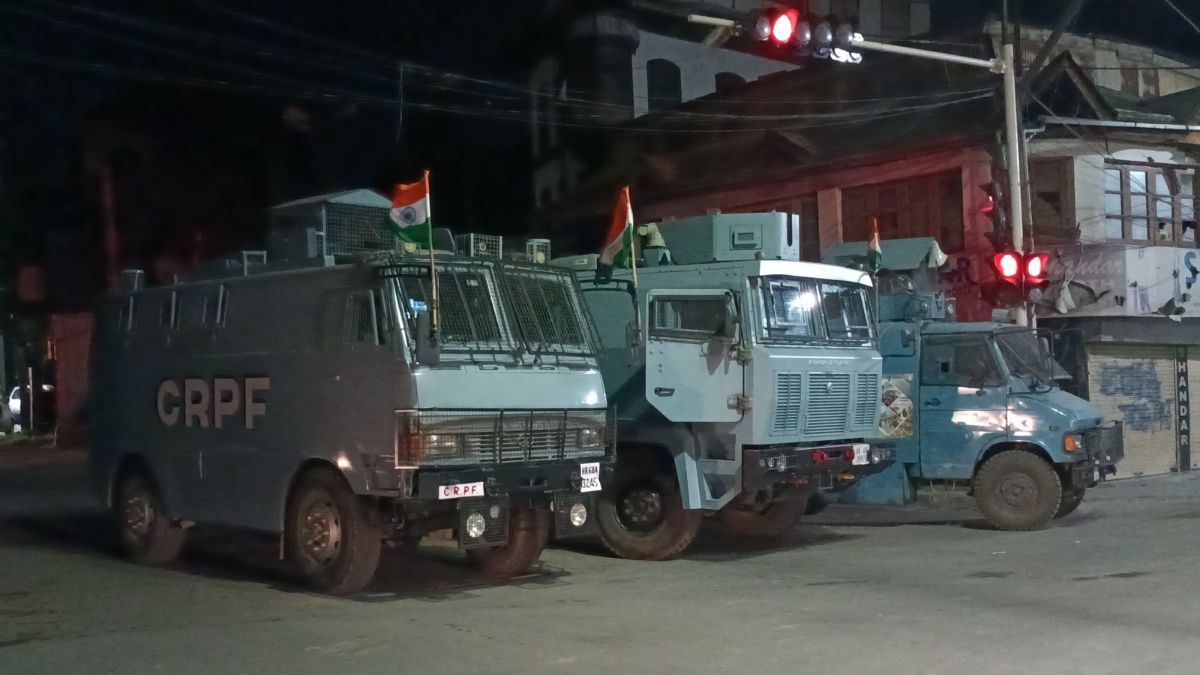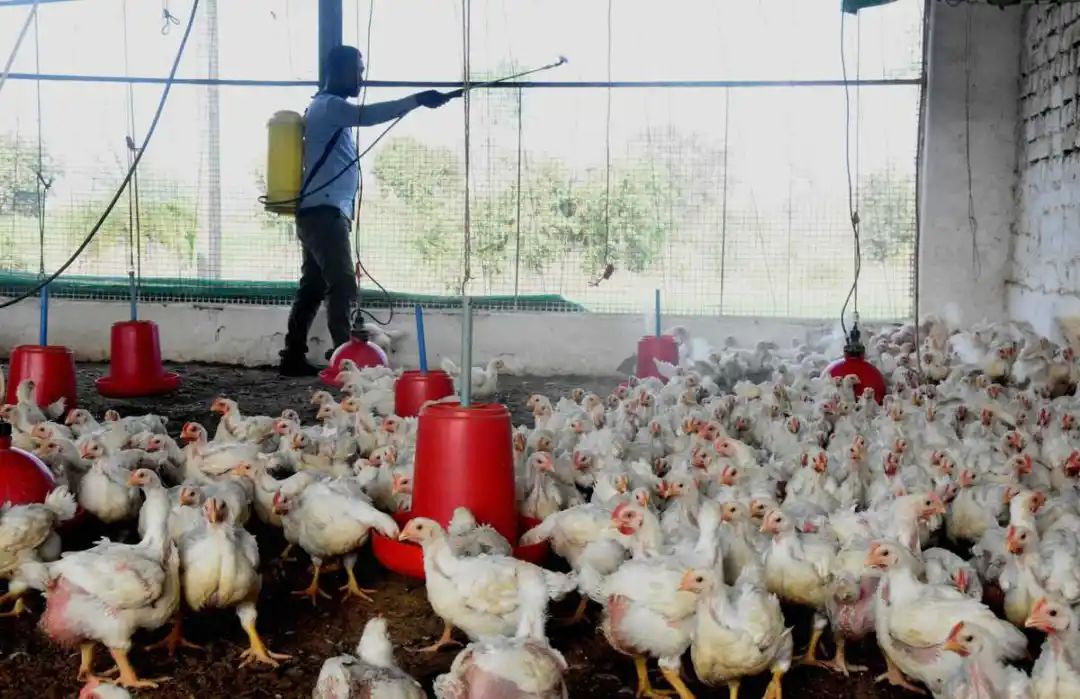Washington, Jan 07: Nearly 4,400 adverse events were reported after people received the Pfizer-BioNTech Covid-19 vaccine in the US, with 21 cases determined to be anaphylaxis, according to a report by the Centers for Disease Control and Prevention (CDC).
The US Food and Drug Administration issued an Emergency Use Authorization for Pfizer-BioNTech Covid-19 vaccine on December 11, 2020, administered as two doses separated by 21 days, reports Xinhua news agency.
As of December 23, 2020, a total of 1,893,360 first doses of Pfizer-BioNTech COVID-19 vaccine had been administered in the US, according to the CDC report.
Reports of 4,393 adverse events had been submitted to the Vaccine Adverse Event Reporting System in the country.
Among those, 175 case reports were identified for further review as possible cases of severe allergic reaction, including anaphylaxis.
Twenty-one cases were determined to be anaphylaxis, including 17 in persons with a documented history of allergies or allergic reactions, seven of whom had a history of anaphylaxis, according to the CDC.
Anaphylaxis is a life-threatening allergic reaction that does occur rarely after vaccination, with onset typically within minutes to hours, said the CDC.
Locations administering Covid-19 vaccines should adhere to CDC guidance for use of the jabs, including screening recipients for contraindications and precautions, having the necessary supplies available to manage anaphylaxis, implementing the recommended post-vaccination observation periods, and immediately treating suspected cases of anaphylaxis with intramuscular injection of epinephrine, said the CDC. (With XINHUA & IANS inputs)






